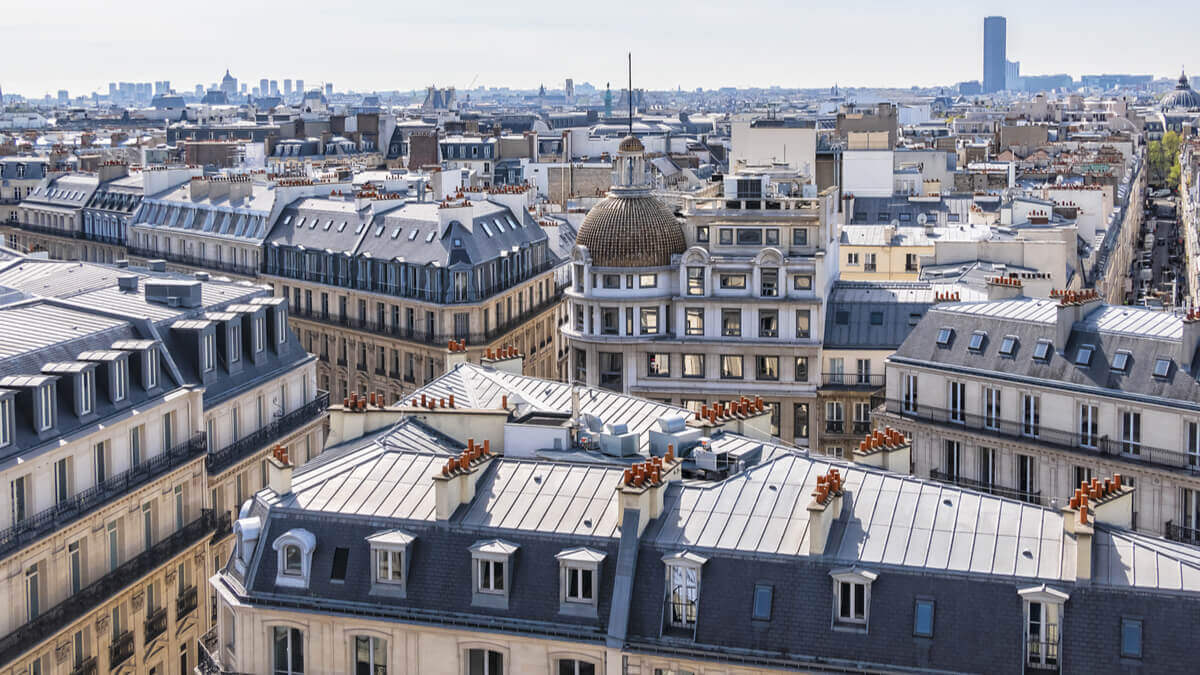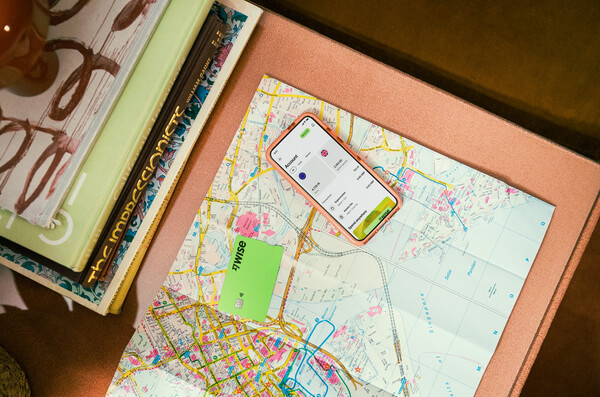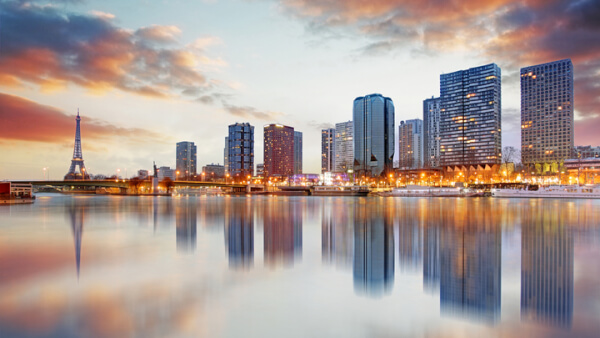ATMs in France: Credit cards and fees
While credit and debit cards are widely accepted in France’s major cities, there may be times when paying in cash is your only option. As a savvy traveller,...

This is intended to serve as a general guide. Always check with official sources for the latest government and health advice.
Opting for tap water is often the most eco-friendly and cost-effective way to stay hydrated while traveling. But when you're in a new country, knowing if the tap water is safe is crucial to avoid any unexpected health risks. If you're headed to France, you're likely wondering: is its tap water safe to drink?
The quick answer is yes. This guide will clearly explain why France’s tap water is safe, and detail its quality to help you prepare for your trip. We’ll also introduce the Wise card, a useful travel companion to help you save on spending during your time there.
| Table of contents |
|---|
Yes, tap water in France is generally safe to drink throughout the country, meeting strict national and EU quality standards.1 The quality is governed by the Public Health Code (Code de la Santé Publique),¹ which transposes the EU Drinking Water Directive into French law.2
While some residents may still choose bottled water or filters, this is typically for personal taste or preference rather than a concern about safety, as the water is subject to strict quality controls. As a practical tip, always check if your specific tap is safe for drinking. Although the public water supply is reliable, older building plumbing or other disruptions could affect the water quality.
The primary official government authorities responsible for tap water quality and regulation include the Ministry of Health and the Regional Health Agencies (ARS).3 They oversee the implementation of the Public Health Code, which sets quality standards for over 50 parameters, ensuring the water meets high quality benchmarks. Local entities, such as Regional Health Agencies (ARS) and municipalities, are responsible for daily operations and enforcement of water supply projects.3 Water quality is subject to continuous and frequent monitoring, with daily checks for key parameters.1
France's tap water supply predominantly comes from groundwater, which accounts for approximately 60% of the total supply. The remainder is sourced from surface water, such as rivers, lakes, and reservoirs.⁴ The proportion of water from these sources varies significantly by region.4
Water treatment in France is strictly regulated by the Ministry of Health. The law outlines which products and processes, such as membrane filtration, activated carbon filtration, ion-exchange resins, UV disinfection, and other approved methods, may be used in the production and distribution of drinking water to ensure safety and effectiveness.5
Tap water hardness in France varies considerably depending on regional geology. For example, water is typically harder in limestone-rich areas such as Paris, and softer in granite-rich regions like Brittany and the Massif Central. A study of 16 French locations reported an average hardness of around 178 mg/L as CaCO₃, though values can be higher or lower depending on the source water.6
In terms of taste, French tap water is generally described as neutral to mild. In urban areas, a slight chlorine taste may be noticeable due to disinfection practices, but this is closely regulated to remain within safe and acceptable levels.
Staying hydrated is key to a great trip, and so is managing your travel budget wisely in France. The Wise card is a simple way to save when you're spending internationally, be it on bottled water, food or shopping. You can spend in 150+ countries, including France, at mid-market rate — basically the rate you see on Google. With no foreign transaction fees and low, transparent pricing, Wise usually gives you the best value for your money.

Simply create a Wise account for free, order a card and top-up to get started. Having a physical Wise card allows you to make chip and pin payments, as well as make some free ATM withdrawals each month for when you're in France. You can get digital cards and add to your Google or Apple Pay wallet for instant use. Spend directly with the Wise account and let auto-conversion do the trick or convert in advance to EUR. You can hold and exchange 40+ currencies in your Wise account and spend the currencies you hold for free.
Wherever your travel takes you, the Wise card makes spending money abroad cheaper and easier.
This general advice does not take into account your objectives, financial circumstances or needs and you should consider if it is appropriate for you.
Please see Terms of Use and product availability for your region or visit Wise Fees & Pricing for the most up to date pricing and fee information.
No, boiling tap water in France is not necessary. It is generally safe and drinkable without boiling, as it is subject to strict quality controls that ensure its safety and compliance with EU standards.1
The taste and quality of water can vary by region. For example, water in limestone areas is typically harder, which can give it a different taste compared to the softer water found in granite-rich regions.
Yes, the ice served in restaurants and bars is generally safe to consume, as it is made from the public water supply, which is deemed safe to drink throughout the country.1
Some people in France use water filters primarily for personal taste preference due to regional variations in mineral content or a faint chlorine taste, especially in urban areas.
Sources:
*Please see terms of use and product availability for your region or visit Wise fees and pricing for the most up to date pricing and fee information.
This publication is provided for general information purposes and does not constitute legal, tax or other professional advice from Wise Payments Limited or its subsidiaries and its affiliates, and it is not intended as a substitute for obtaining advice from a financial advisor or any other professional.
We make no representations, warranties or guarantees, whether expressed or implied, that the content in the publication is accurate, complete or up to date.

While credit and debit cards are widely accepted in France’s major cities, there may be times when paying in cash is your only option. As a savvy traveller,...